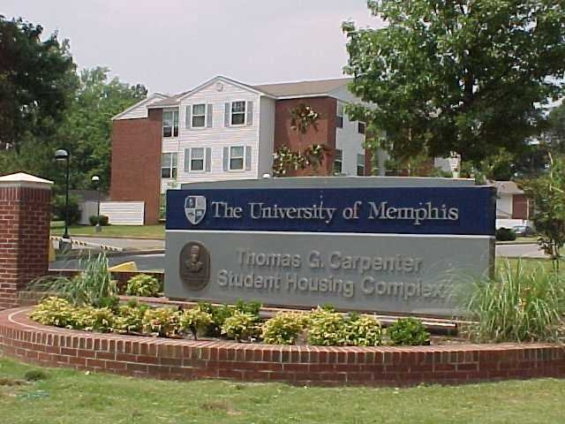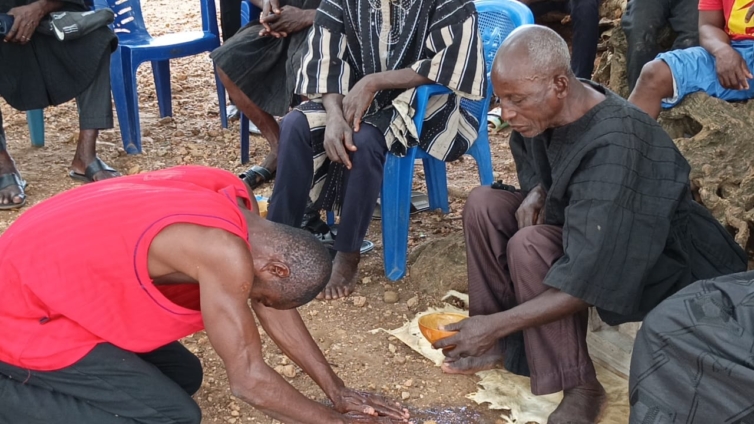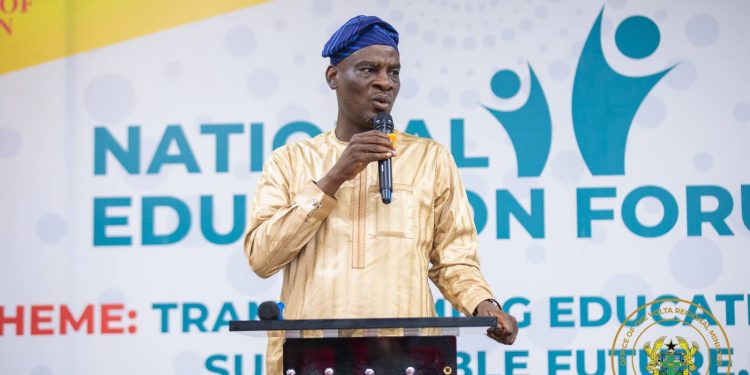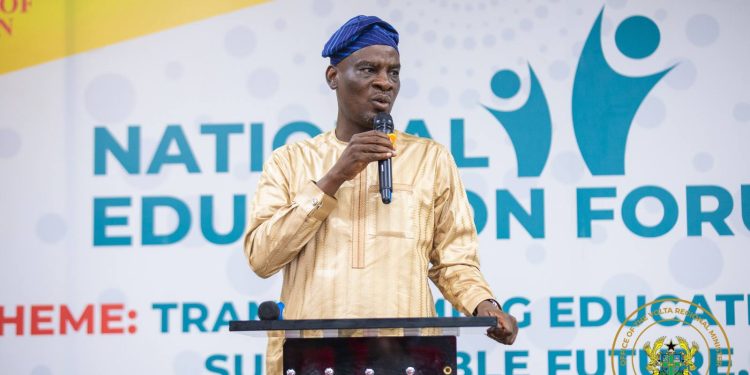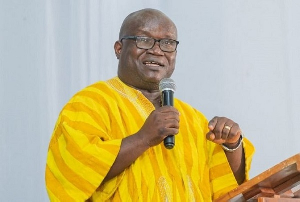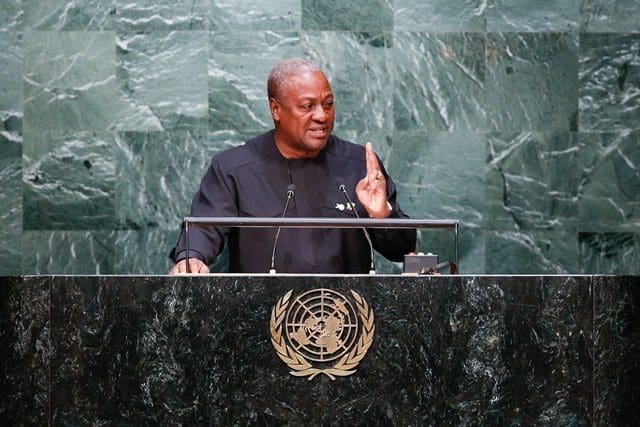A last-minute payment from the government of Ghana has temporarily averted a crisis that threatened the academic standing and immigration status of nearly 200 Ghanaian students at the University of Memphis.
The university confirmed it has received $1 million from the Ghana Scholarship Secretariat (GSS), easing tensions that had escalated earlier this month when school officials warned that students could lose their scholarships, on-campus housing, and legal residency due to unpaid tuition balances.
The funds, however, address only part of the $3.6 million total owed under a Ghanaian government sponsorship program. An outstanding balance of $2.2 million remains.
"This is a significant step in the right direction, but we still face a substantial shortfall," a university spokesperson said.
The issue reached a critical point in early August when the University of Memphis issued a deadline of August 9, warning students they faced possible expulsion and visa complications if payments were not made.
Speaking at a press conference in Accra on July 30, GSS Registrar Alex Kwaku Asafo-Agyei acknowledged the payment delays and assured that no students would be deported. He attributed the delay to an ongoing audit and said the payment was routed through Ghana’s Controller and Accountant General’s Department and the Bank of Ghana.
"We are now processing a $1 million payment," Asafo-Agyei said, adding that further disbursements would follow pending clearance.
University of Memphis President Dr. Bill Hardgrave suggested that Ghana’s December 2024 elections and the ensuing political transition disrupted budgetary approvals and fund transfers.
"I think there was a regime change in Ghana, and that affected the budget," Dr. Hardgrave said. "But we’re hopeful that gets corrected because we’d love to keep those students on campus."
Most of the affected students are enrolled in STEM and business-related programs—fields prioritized under Ghana’s human capital development initiatives. Their academic trajectories, however, remain uncertain as the university awaits full settlement of the outstanding debt.
In the interim, the University of Memphis is appealing for community support through the Gary Shorb International Student Support Fund, which provides emergency aid for international students facing unexpected financial hardship.
The situation highlights broader structural issues in Ghana’s foreign scholarship framework. Similar payment delays and financial shortfalls have been reported in recent years involving Ghanaian students in the United Kingdom, Russia, China, and Eastern Europe.
Analysts say the recurring nature of these incidents points to a need for greater transparency, accountability, and predictability in how government-funded scholarships are administered and financed.



